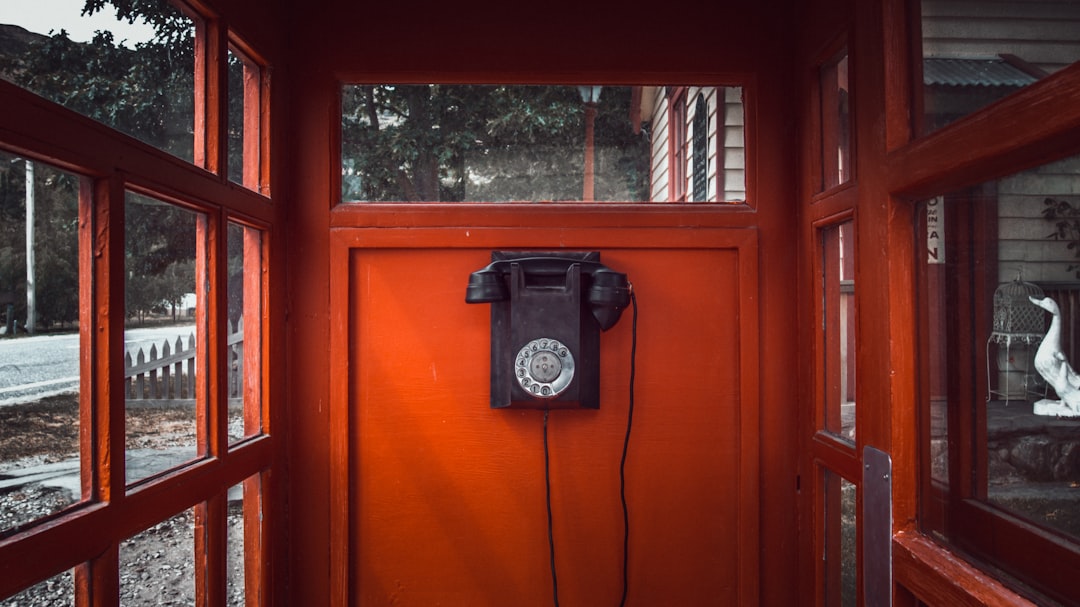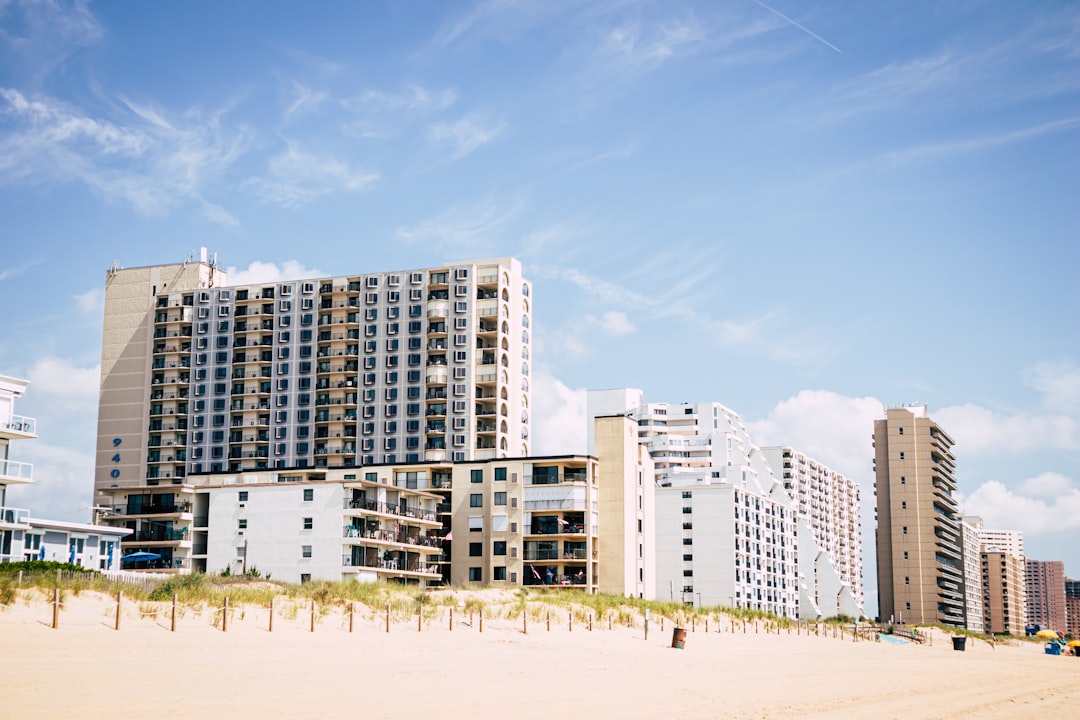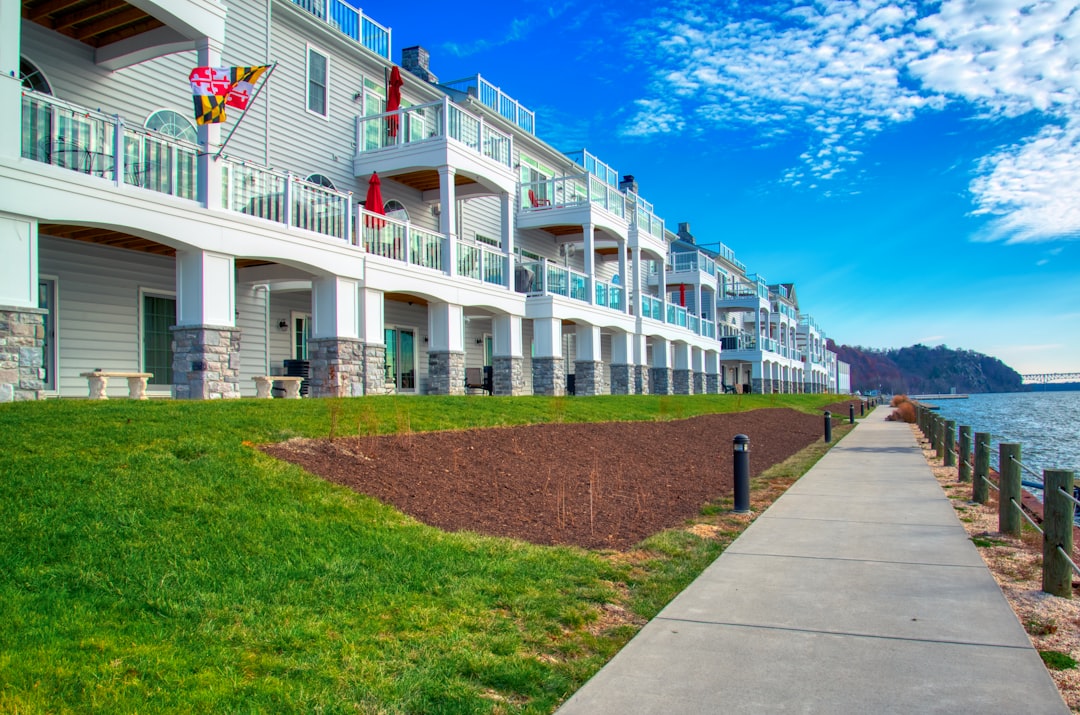Eldersburg Senior Living Communities implement strict call screening using services like Do Not Call Lawyer Maryland, Do Not Call Attorney Maryland, and Do Not Call Law Firm Maryland to block scams targeting the elderly. This initiative creates a peaceful, secure environment, protecting residents from unwanted telemarketing and fraud while respecting privacy. By following a step-by-step guide, these communities ensure compliance with Maryland's Do Not Call laws, avoiding legal issues and fostering peace of mind for residents and their families.
“In an era where unwanted calls can be a nuisance and a safety concern, Eldersburg Senior Living Communities have taken a proactive step by implementing call screening protocols. This move comes as part of a broader effort to enhance resident safety and privacy, particularly against fraudulent activities often masked as legitimate calls. With the assistance of local Do Not Call Lawyer Maryland and Do Not Call Attorney Maryland firms, these communities are ensuring compliance with state laws, such as those from Do Not Call law firms Maryland. This article explores why they adopted these protocols, their positive impact on residents and families, and provides a step-by-step guide for effective implementation.”
Understanding Call Screening Protocols: Why Eldersburg Senior Living Communities Adopted Them

Eldersburg Senior Living Communities have implemented call screening protocols as a strategic measure to protect their residents and maintain a safe environment. These protocols, which include services like Do Not Call Lawyer Maryland, Do Not Call Attorney Maryland, and Do Not Call Law Firm Maryland, are not just about curbing unsolicited calls but also about ensuring the well-being of seniors who may be vulnerable to fraud or misinformation.
The adoption of these screening measures is driven by a growing awareness of common scams targeting the elderly, such as those involving false promises of legal services or financial gains. By proactively blocking known sources of nuisance calls, including Do Not Call Lawyers Maryland and Do Not Call Attorneys Maryland, the communities aim to foster an atmosphere where residents can live peacefully without the constant interruptions or potential dangers that come with unwelcome phone calls.
The Impact on Residents and Their Families: Enhancing Safety and Reducing Unwanted Calls

Implementing call screening protocols in Eldersburg senior living communities significantly enhances safety measures and reduces unwanted calls. This initiative ensures that residents and their families are protected from potential telemarketing or fraudulent calls, which can often be a source of distress and confusion for elderly individuals. By adopting these protocols, the community fosters an environment where residents feel more secure, knowing their privacy is respected and their time is protected.
The impact extends to family members who rely on these communities for their loved ones’ well-being. With call screening in place, families can rest easier knowing that unwanted or potentially harmful calls are minimized. This reduces the risk of scams and ensures residents are only contacted by trusted sources, such as friends, family, and authorized personnel within the community, thereby promoting a sense of security and peace of mind.
Implementing Effective Call Screening: A Step-by-Step Guide for Eldersburg Communities

Implementing effective call screening is a crucial step for Eldersburg senior living communities to protect residents from unwanted and often fraudulent calls, especially those from do not call lawyer Maryland services or law firms. Here’s a step-by-step guide tailored for these communities:
1. Assess Needs: Begin by evaluating the types of calls that are most common and problematic. Identify if there’s a specific time of day or week when calls peak, and consider any seasonal trends. Understand which residents are most affected, enabling targeted solutions.
2. Choose Screening Technology: Select a call screening system that aligns with your community’s size and needs. This could range from simple voice mail systems with call filtering to more advanced software capable of identifying and blocking specific numbers, even do not call lawyer Maryland listings.
3. Train Staff and Residents: Educate staff on the importance of call screening and how to operate the system effectively. Ensure residents understand they can refuse calls from unknown or unwanted sources through the screening process. Encourage them to report any suspicious activity.
4. Implement Do Not Call Lists: Integrate state-mandated do not call lists into your screening system, ensuring compliance with Maryland regulations. Additionally, create a community-specific list of known fraudulent numbers and law firms, such as those pushing lawyer for Do not call Maryland services, to enhance filtering accuracy.
5. Monitor and Update: Regularly review the effectiveness of your call screening protocols. Monitor blocked calls, investigate any false positives, and update your lists accordingly. Stay vigilant against evolving fraud tactics used by do not call lawyer Maryland operations and other unwanted callers.
Legal Considerations: Ensuring Compliance with Do Not Call Laws in Maryland

Eldersburg senior living communities face a unique challenge when it comes to managing resident communication and privacy. One critical legal consideration is adhering to the Do Not Call laws in Maryland, which are designed to protect residents from unwanted telemarketing calls. These laws not only require consent for marketing calls but also empower residents to register complaints against violators. Senior living facilities must ensure that their call screening protocols comply with these regulations to avoid legal repercussions.
Hiring a lawyer specializing in Do Not Call laws in Maryland or consulting with a local law firm can help communities stay informed and compliant. Such legal experts can guide on proper call handling, including obtaining explicit consent for marketing efforts and training staff on identifying and documenting potential violations. This proactive approach not only shields the community from penalties but also demonstrates respect for residents’ privacy rights.






